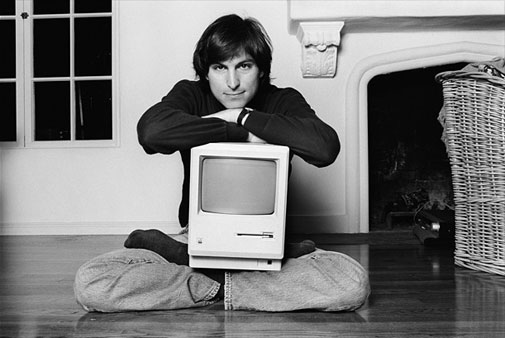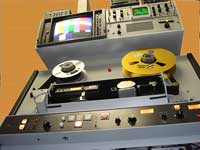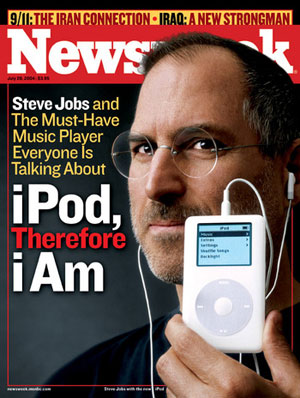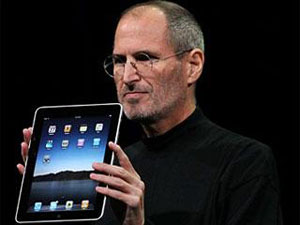 Less than a month after the death of Apple co-founder Steve Jobs, PBS airs an hour-long special program about him Wednesday night that probably could never have been turned around so quickly, cleanly and completely had Jobs not been such an egocentric and ruthlessly competitive genius...
Less than a month after the death of Apple co-founder Steve Jobs, PBS airs an hour-long special program about him Wednesday night that probably could never have been turned around so quickly, cleanly and completely had Jobs not been such an egocentric and ruthlessly competitive genius...
Watch Wednesday at 10 p.m. ET (check local listings) and ask yourself, as you watch, how such a program would have been done in the early 1980s, before the explosion of the modern computer era. In a time of crude film and videotape editing, myriad and far-away video libraries and telegraph-speed communications, such a program would have been choppy, not nearly as polished, and strikingly incomplete by comparison. Computers have remade the visual media, and Jobs steered the vehicle that had the most influence in that makeover.
Though production almost surely began long before his death (probably when his cancer diagnosis made preproduction a logical decision), the products he pioneered gave Steve Jobs a hand not so much in how his obituaries would be written, but certainly in the manner in which they would be presented. This new PBS effort reflects that technical polish -- and it's fortunate the journalism is of the same caliber.

Steve Jobs -- One Last Thing presents a pretty balanced picture of a man who had almost as many detractors as he had fans. The PC-Mac rivalry divided people into camps more intense in their loyalties and rivalries than sports fans, though not as much as the realm of politics. Jobs and his abrasive nature accounted for a lot of that.
To many, he was a hero who truly loved his products. Those who couldn't stand him often were even more furious when he succeeded again and again. A man with that much ego-driven smugness didn't deserve to win, they would complain -- and, certainly, did not deserve to win so overwhelmingly.
Yet save for his exactingly scripted public appearances to plug new products, Jobs was very private. His image developed, in many cases, from mystery into myth. This TV hour gets close to him in ways other attempts haven't. Add this to what has been written since his death and what surely will follow in the future, and an accurate picture of the cryptic genius slowly is being drawn.
Some interesting people whose interviews make this PBS biography a key part of that picture include Ronald Wayne, who was offered a 10-percent stake in the early Apple endeavor by Jobs and co-founder Steve Wozniak. Wayne turned down the offer (which would now be worth billions) -- with, he says today, no regrets -- because he thought working alongside the two Steves would be more work and worry than he wanted in his life.
Others commenting on Jobs in One Last Thing include Alvy Ray Smith, who saw the company he helped found, Pixar, taken over and "evangelized" by Jobs; Smith quit after a momentous shouting match with Jobs. And former presidential candidate Ross Perot, who was, and remains, a Jobs admirer. He invested millions in Jobs's next venture after he was overthrown at Apple in the mid-'80s.

Jobs polarized just about every arena he entered. One longtime associate explains there were three phases in the life of almost everyone who worked for Jobs: You were seduced, then ignored, and eventually scourged.
I personally have worked for, and with, a number of people who aspired to that kind of power, and the three stages were amazingly similar. The difference was, they beat up on people using little or self-perceived genius as a weapon. They weren't likable, and what they accomplished is forgettable.
Jobs may have acted the same way, but his genius was real. And what has resulted from that still-mysterious personality will continue to change the world for a long time.
Oh, and if you miss the show in its initial Wednesday night telecast, don't worry. It will be available on the PBS website, and you can watch it on your iPad or iPhone when and if that's more convenient. Back in the 1980s, none of those were options, either...